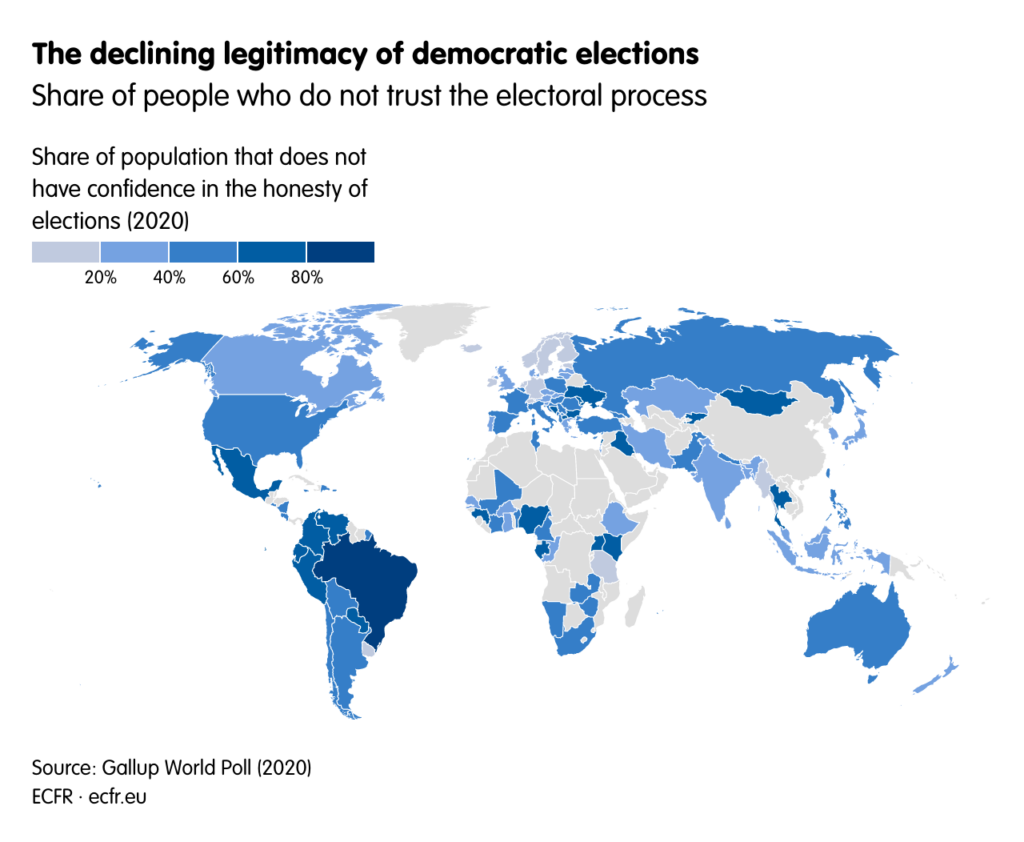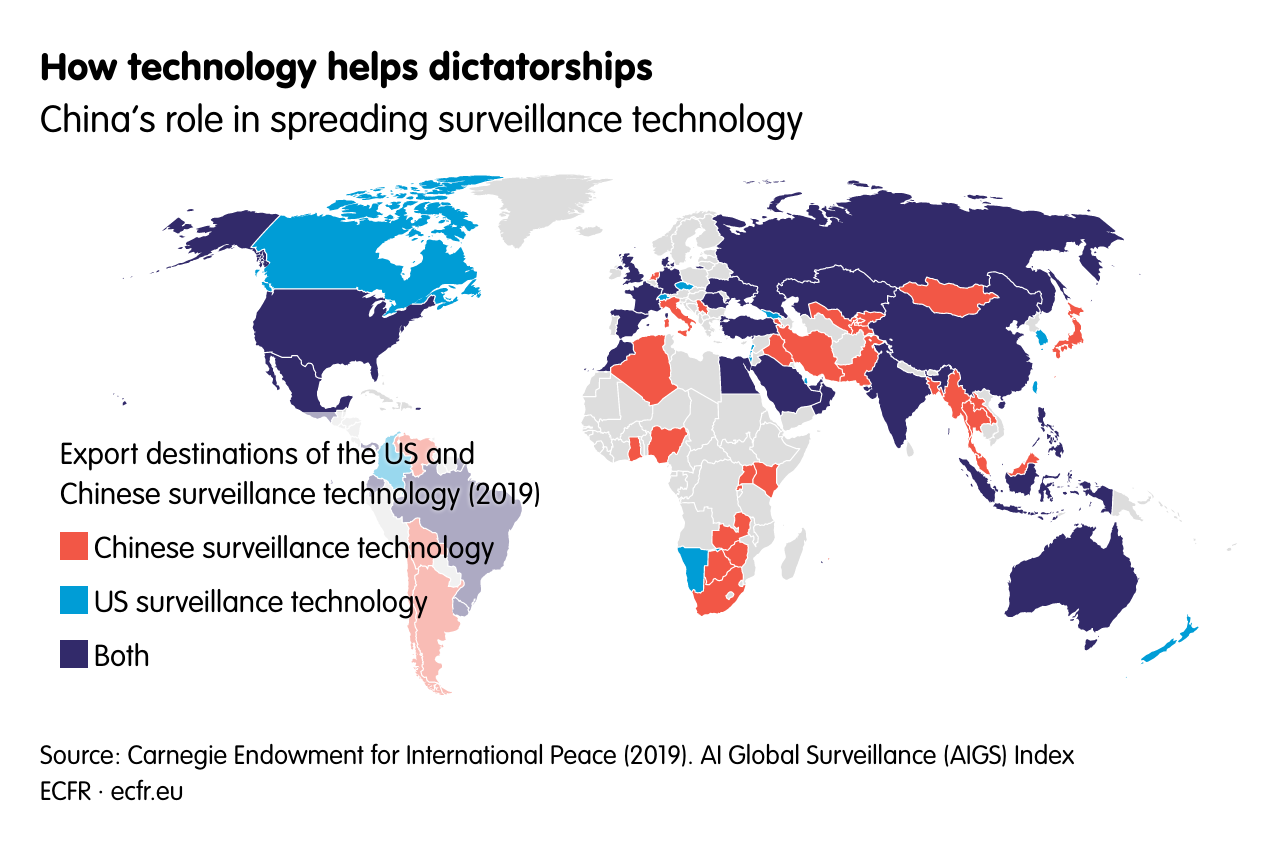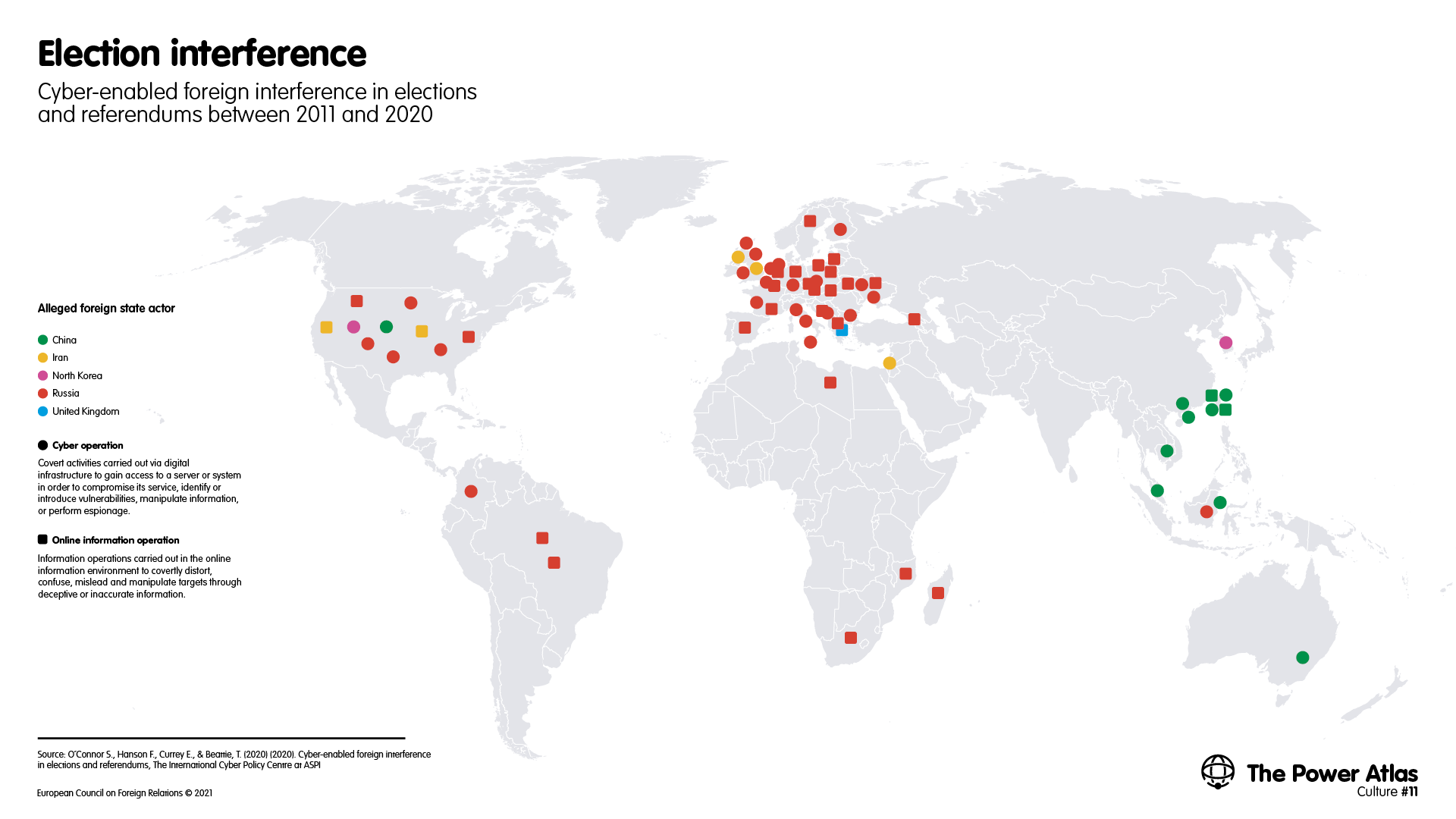Covid-19 has transformed public health into an arena of geopolitical competition; at the same time, pandemics are a global challenge requiring international cooperation, the European Council on Foreign Relations suggests.
The dilemma is only one of a range of fresh challenges arising from a new geopolitical dispensation, argues Mark Leonard, Director of the European Council on Foreign Relations.
During the cold war, there was a battle of universalist creeds that won over elites and publics around the world through their ideas as much as their military and financial support. In the post-cold war era, there was also a sense that soft power would shape the world, as many countries seemed to embrace liberal democracy and free markets. This formed the backdrop to the fourth wave of democratization and the expansion of the EU, he writes, introducing the ECFR’s new Power Atlas.
Power is now defined by control over flows of people, goods, money, and data, and via the connections they establish, claims Leonard. Only states that see the new map of geopolitical power clearly will be able to control the modern world.

In an essay on the culture terrain, Leonard and NED International Forum associate Ivan Krastev discuss three trends that shift power relations on this new terrain:
- The most fundamental change is to a new mood of “cultural decolonization” that curbs the spread of Western ideas …. This is leading to a multipolar world of ideas in which any universalist project is likely to provoke a backlash that is even more powerful than the original force. Powers such as China, with a mercantilist rather than a missionary outlook, are now better placed to thrive than those with Enlightenment missions to transform the world, such as Europe and America.
- Because of a transformation of democracy that challenges liberalism, few people think that the world is clearly split between free and non-free countries, with the former performing better than the latter. It is also because it is not clear that democracies are outperforming their autocratic counterparts at economic growth or responses to covid-19.
- These two big trends lead to a third trend, namely a shift from the ‘soft power’ of example to exploiting the vulnerabilities of other systems. This situation has further empowered spoiler countries such as Russia and China, which have become adept at hacking liberal democracies and exploiting the openness of their systems to undermine them from within.

As the world moves from flat universalism to cultural protectionism, many countries are more defined by the cultural antibodies that developed in resistance to Western soft power than the cultural flows that they were responding to, Krastev and Leonard contend. In the new world, the core divide is not between democracy and authoritarianism but between dependence and independence. States that want to prosper will need to find a ‘sovereignty-friendly’ idea of soft power. RTWT








